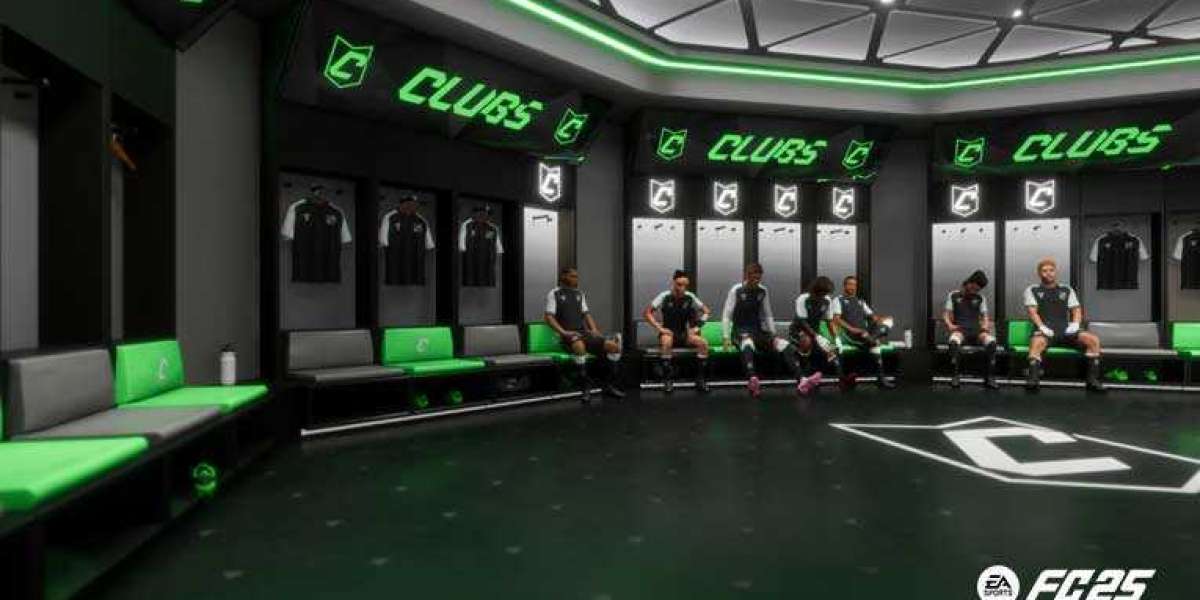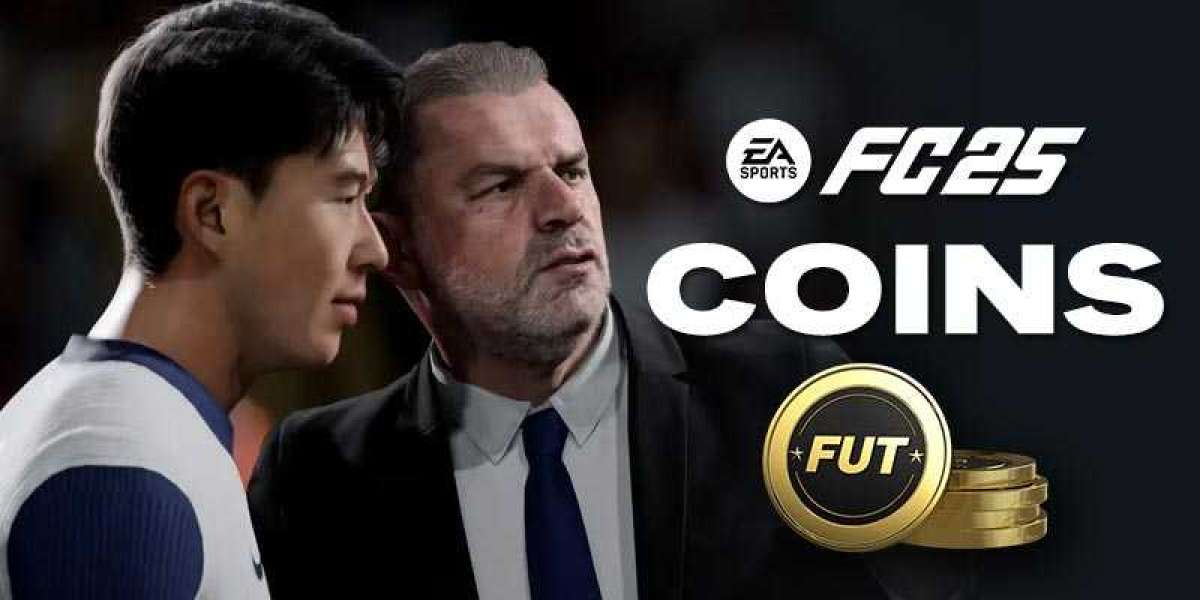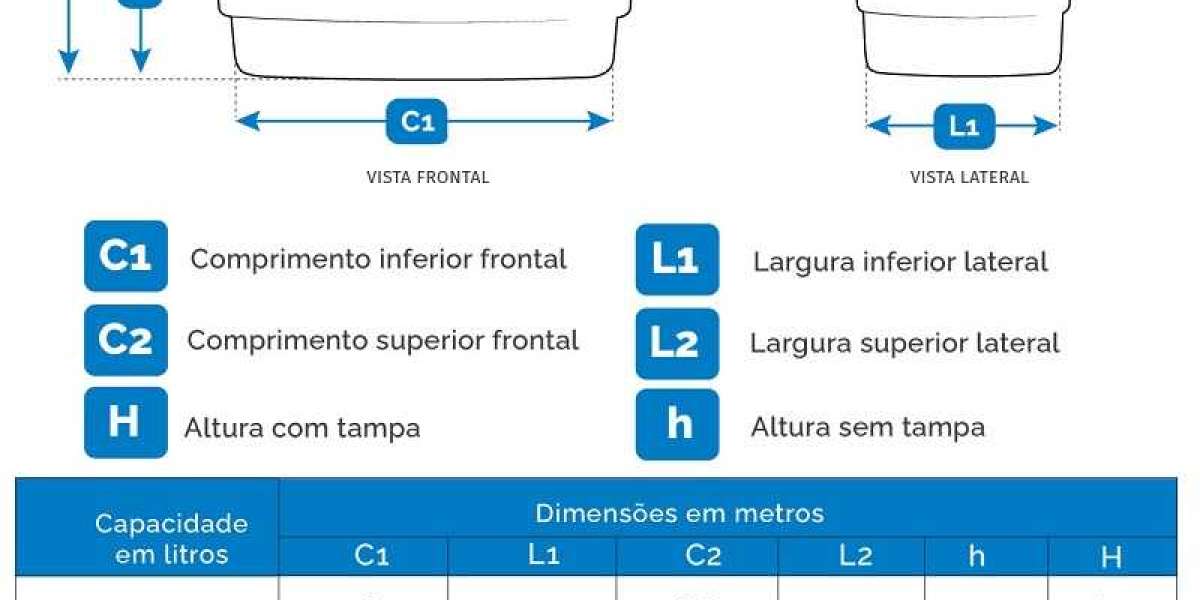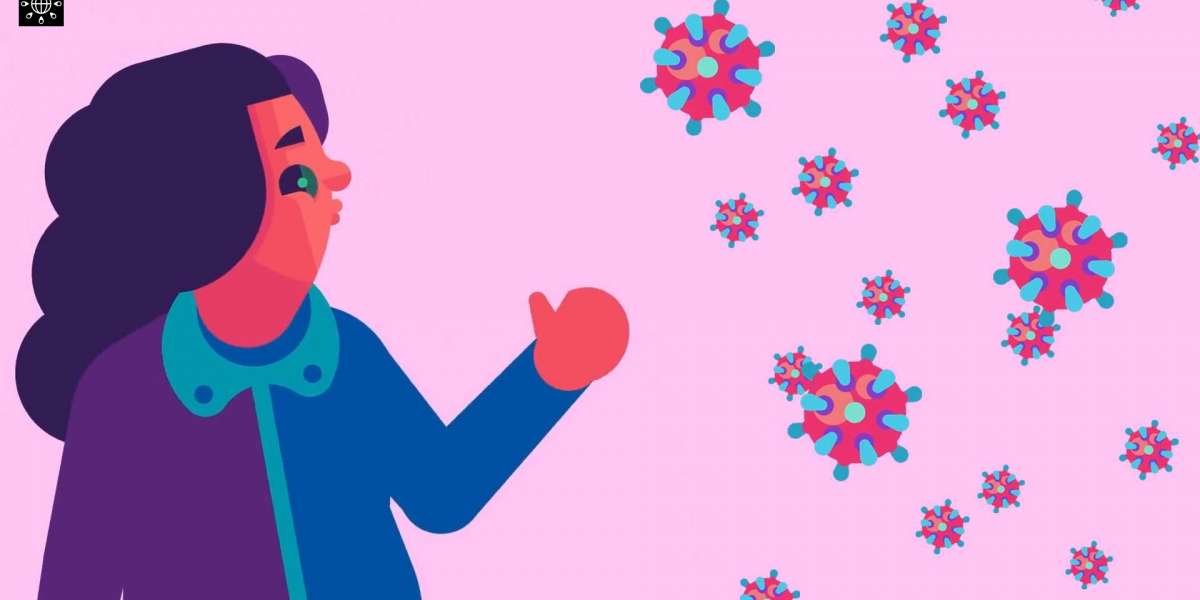Panic attacks, as anxiety attacks are also known, are frightening. A panic attack can feel life-threatening to a kid or teenager, and as a parent, it can be incredibly upsetting to see your child go through one. Many people who experience panic attacks say that they feel as though the room is closing in on them, as though they are suffering a heart attack, or as though they might pass away.
There are particular triggers for panic attacks, or they might come on unexpectedly and without warning. Suppose your child experiences at least two unanticipated panic or anxiety attacks, followed by at least one month of worry about experiencing another attack. In that case, doctors will diagnose your child with panic disorder.
Anxiety Attack Symptoms and Warning Signs
- A sensation of impending calamity or doom
- The desire to flee
- A quick heartbeat
- Sweating Trembling
- Breathing difficulties or a suffocating sensation
- Choking sensation
- chest discomfort or agony
- Nausea or discomfort in the abdomen
- Unsteadiness or faintness
- A feeling of unreality and depersonalization
- Apprehension about losing control or "going crazy"
- The fear of dying
- Tingling feelings
- Cold sweats or hot flushes
How to Explain Panic or Anxiety Attacks to Your Children
Although anxiety attacks typically last between 10 and 15 minutes, for you and your child it may seem like a lifetime. After your child experiences their first panic attack, it's crucial to teach them the warning signs and symptoms so that when another one strikes, they will know what to do. Teach your kids that their bodies' panic attacks are a false alarm. So that kids won't find them as frightening, let them know what to expect physically during a panic attack.
Advice for Supporting Your Child During an Anxiety or Panic Attack
While a teen or child is having a panic attack, there are some techniques that have been proven to help. Learning what to do during these tense situations is just as crucial as learning what not to do.
Don't downplay their suffering:
Panic episodes are frightful. When your child does not feel OK, refrain from assuring them they are OK. Empathy training is crucial in these circumstances. Tell them, "I understand that you're not feeling well. A panic attack can be terrifying. It will soon be over, and I will help you get through this.
Tell your child that panic attacks always end
A panic attack starts when the body's fight-flight-freeze response is triggered unnecessarily. Soon, it will calm down. When a panic attack ends, the body is unharmed, despite the uncomfortable and frustrating nature of the experience.
Offer ketamine infusion therapy and Spravato esketamine nasal spray treatments to qualified patients. Even though it only takes a second to deliver Spravato, each esketamine therapy takes about two hours to complete. In case you have any slight vertigo, hallucinations, or dizziness.
Offer to divert them:
There are numerous methods and strategies that can be applied to distract someone experiencing a panic attack. Techniques to divert your son or daughter from a panic attack include exercise, playing a game, browsing through photos on a phone, eating a snack, using ice packs to cool the body down, thinking positively affirming thoughts, breathing exercises, muscle relaxation, taking a shower or bath, or watching a favorite show.
Help them avoid falling into the panic attack trap:
After experiencing a panic attack, children develop a dread of experiencing another one and avoid circumstances and activities that they believe might bring on another attack. As a result, your child may try to avoid going to school, engaging in social activities, attending family gatherings, playing sports, and even fearing to leave their own house. As a parent, it's crucial to instill in your children the idea that avoiding these circumstances would only make their anxiety worse, so it's best to deal with them head-on.
Getting Professional Assistance for Panic or Anxiety Disorder
You and your child can learn about the methods and strategies used to prevent and manage anxiety attacks by getting expert assistance. There might not be a clear cause or trigger for your child's panic episodes, but a qualified specialist may offer some insight.
To help your son or daughter overcome panic attacks, a qualified practitioner can also teach them specific strategies like exposure therapy and relaxation methods. Although there are drugs that are known to help with panic disorders, they are not advised for use in children due to the side effects, so therapy and education are the best ways to treat these conditions.
The Discovery Mood and Anxiety Program can assist if your kid has been having regular panic attacks that are probably caused by an anxiety problem. Please get in touch with Discovery to speak with a helpful expert right away.








